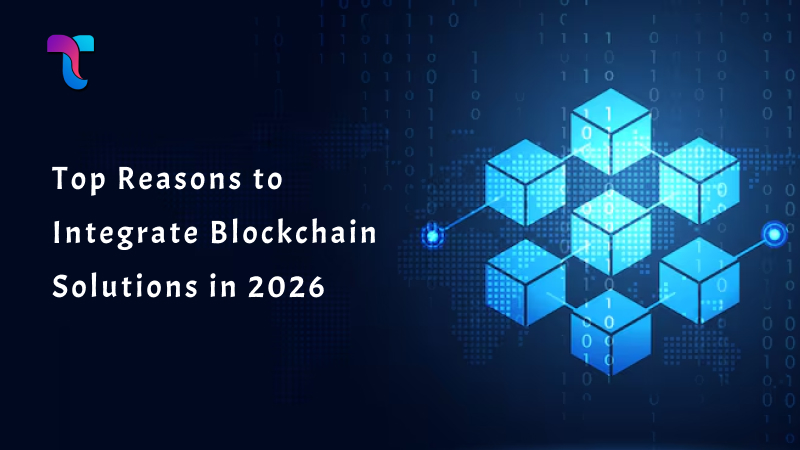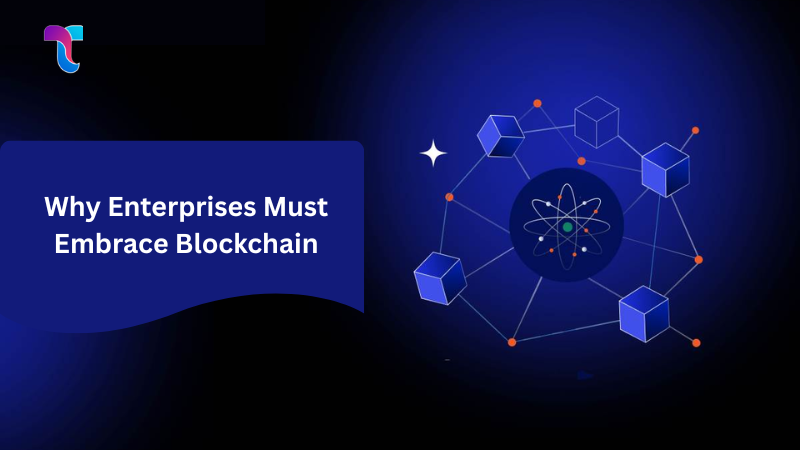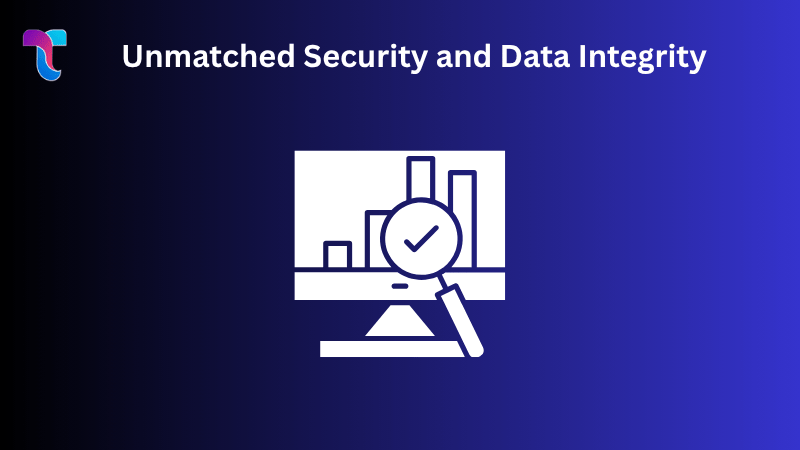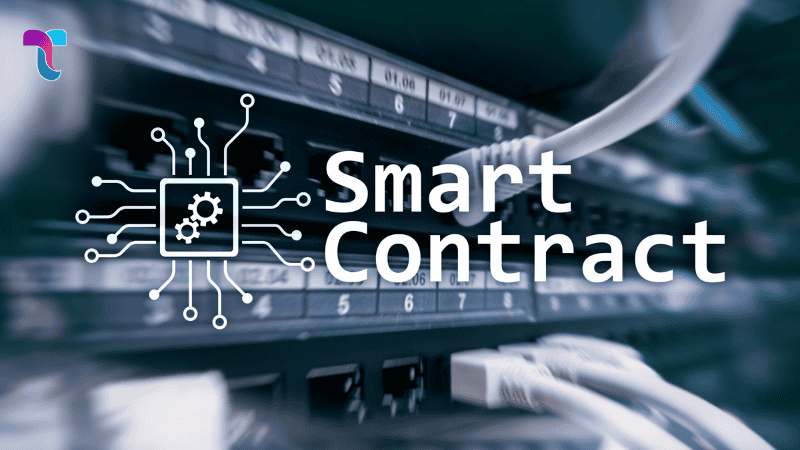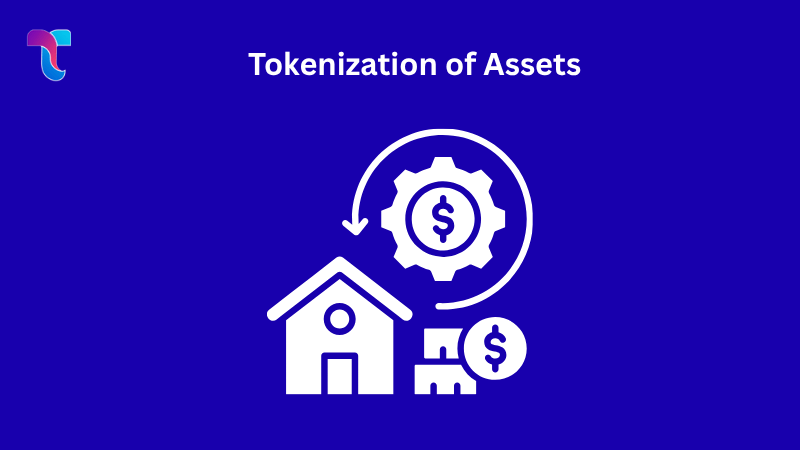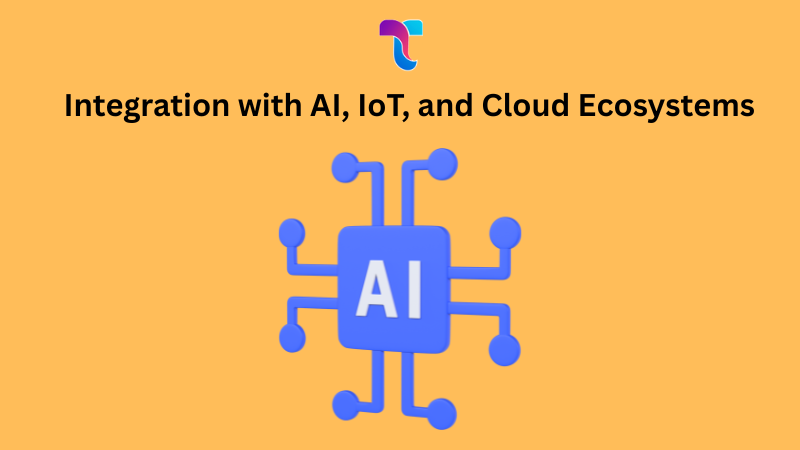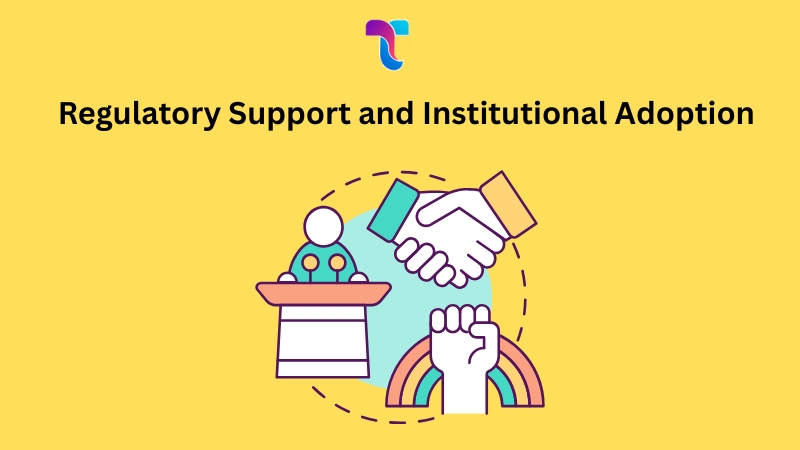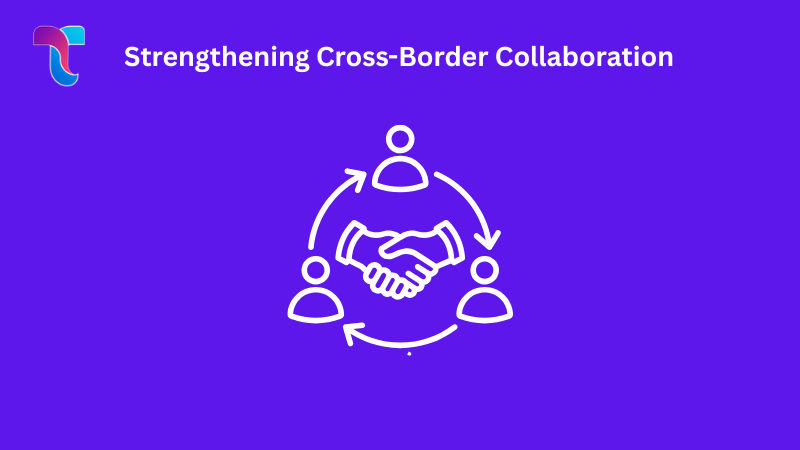Table of Contents
With the passage of time, technology is becoming increasingly advanced and innovative.
Talking about 2026, this is the year that will witness significant changes in the decentralized, transparent, and immutable nature of blockchain technology’s record-keeping. From finance and supply chain management to industries such as healthcare and real estate, every sector is actively adopting blockchain technology solutions.
Currently, organizations are leveraging blockchain to address significant issues, including operational inefficiencies, security weaknesses, and trust gaps. But moving forward, industries will primarily use blockchain for its unique ability to build trust, transparency, and security in multi-party environments where intermediaries were traditionally required.
So, without further ado, let’s continue to scroll through this comprehensive guide and discover the top reasons to integrate blockchain solutions in 2026.
Why Enterprises Must Embrace Blockchain in 2026
Before getting into the reasons, let’s first understand why enterprises must embrace blockchain technology in 2026.
In the era of digital transformation, blockchain technology plays an essential role. Due to its quick growth, substantial investment, and demonstrated advantages, it’s a perfect solution for every industry with a high level of compliance.
In 2024, the global blockchain technology market size was USD 20.16 billion, and in 2025, these numbers rose by USD 31.18 billion, and by the end of 2032, the market size is projected to grow by 393.42 billion, exhibiting a CAGR of 43.65%.
The primary reasons behind this growth are the adoption of enterprise blockchain, the expansion of DeFi, and government-backed digital infrastructure projects. However, numbers show that:
- Financial services lead adoption with a holding of around 41% of revenue share in 2025.
- The healthcare blockchain market is projected to grow from $5.5 billion in 2025 to $43.37 billion by 2030. Meanwhile, 39% of healthcare organizations already have blockchain in production.
- Asia-Pacific is experiencing the fastest growth due to government support for the digital transformation of healthcare and fintech.
Given this remarkable growth and adoption across sectors, let’s explore the key reasons why enterprises are prioritizing blockchain integration in 2026.
Reason #1: Enhanced Transparency and Trust
Trust works as the backbone of every successful business, and blockchain takes it to a whole new level.
Instead of relying on third parties to verify transactions, blockchain for business records every detail on a shared, tamper-proof ledger that enables everyone involved to view it. This ensures total transparency and accountability.
For example:
In a supply chain, a company can keep an eye on a product’s entire journey from factory to customer, ensuring authenticity and accountability at every step. By 2026, businesses seeking transparency and reliability will emerge as the go-to technology for establishing genuine trust.
Reason #2: Unmatched Security and Data Integrity
In a world where cyberattacks are frequent, data security is more crucial than ever. Here, blockchain provides a powerful solution by storing details across multiple networks, rather than in a single central location, making it practically impossible for hackers to alter or steal data.
Every transaction is encrypted and is connected to the previous one, creating a secure chain that’s resistant to tampering.
For example:
In healthcare, patient records stored on a blockchain remain private, accurate, and unchangeable. As a result, enterprises will rely on blockchain as a trusted shield for protecting their most valuable digital assets.
Reason #3: Smart Contracts and Process Automation
Blockchain does not just store data; it often automates processes through the use of smart contracts. These are self-executing agreements that become effective when certain conditions are met, eliminating the need for a third party or manual approval. This ensures faster operations, fewer errors, and lower costs.
For example:
In finance, a smart contract can instantly release payment upon completion of a service, eliminating delays and disputes. In supply chains, smart contracts automatically inspect deliveries and trigger next steps. This results in enterprises running more smoothly, smartly, and efficiently than ever before.
Reason #4: Tokenization of Assets
Tokenization is transforming the way businesses view ownership and value. It facilitates the conversion of real-world assets, such as real estate, artwork, or company shares, into digital tokens on a blockchain. These tokens can be easily divided, transferred, or traded, making assets more accessible and liquid than ever before.
For Example:
Instead of needing huge capital to invest in property, individuals can own a fractional share through real estate tokenization. For enterprises, this opens new revenue streams and global investment opportunities. In 2026, tokenization will redefine how businesses manage and exchange value, turning traditional assets into dynamic digital opportunities.
Reason #5: Integration with AI, IoT, and Cloud Ecosystems
Blockchain has evolved from a stand-alone technology to the foundation of contemporary digital ecosystems. It is now combined with AI, IoT, and cloud computing, which creates smarter, more secure, and more connected operations.
For example:
IoT sensors can send real-time data to a blockchain, ensuring the information is authentic and tamper-proof, while AI in blockchain can analyze that data to make faster, more accurate decisions. In manufacturing, this means machines can track performance, detect issues, and automatically trigger maintenance.
In the year 2026, the fusion of blockchain with these technologies will drive a new era of intelligent, transparent, and efficient enterprise systems.
Reason #6: Regulatory Support and Institutional Adoption
As blockchain technology gets better, more and more governments and big organizations throughout the world see its potential and make rules that support it. This rising clarity is giving businesses more confidence and driving widespread use.
For example:
Several countries are developing blockchain-based digital identity systems and central bank digital currencies to enhance the transparency and security of financial operations.
In the same way, the government is supporting blockchain-powered data management in fields like healthcare and logistics. This surge of governmental support and institutional trust will make blockchain mainstream. This ensures global businesses remain compliant, stable, and trusted over the long term.
Reason #7: Empowering Sustainable and Ethical Business Practices
Sustainability is no longer optional; it is a business priority. Blockchain helps companies to prove ethical sourcing, carbon tracking, and responsible production through transparent records.
For example:
In the fashion industry, blockchain can ensure that materials are sourced ethically and production follows fair labor practices. By doing so, businesses will not only strengthen their brand image but also meet the rising expectations of consumers and regulators.
Reason #8: Strengthening Cross-Border Collaboration
Usually, traditional cross-border transactions face delays, high fees, and compliance complexities. Blockchain simplifies it by offering instant, secure, and transparent global trading without intermediaries.
For example:
International trade platforms are utilizing blockchain technology to streamline customs verification and payments between suppliers and buyers across continents. As the years pass, enterprises will increasingly rely on blockchain to expand globally, fostering smoother partnerships and faster cross-border operations.
Conclusion
As 2026 approaches, it is becoming increasingly difficult to overlook the revolutionary potential of blockchain technology. From enhanced transparency and unmatched security to tokenization of assets and integration with AI, IoT, and cloud ecosystems, there are numerous reasons businesses must integrate blockchain solutions.
In contrast, implementing blockchain solutions in your business is typically a hectic and time-consuming process. From initial assessment to full-scale development, the journey involves significant challenges and strategic considerations.
To overcome this complex process and ensure reliable, high-performing blockchain solutions, partnering with the right development company becomes essential. This is where Technoloader comes in. With years of experience, we specialize in creating customized, scalable, and secure blockchain solutions tailored to your business needs.
Get in touch with us so we can help you make your ideas come true.
 +91 7014607737
+91 7014607737
 info@technoloader.com
info@technoloader.com
